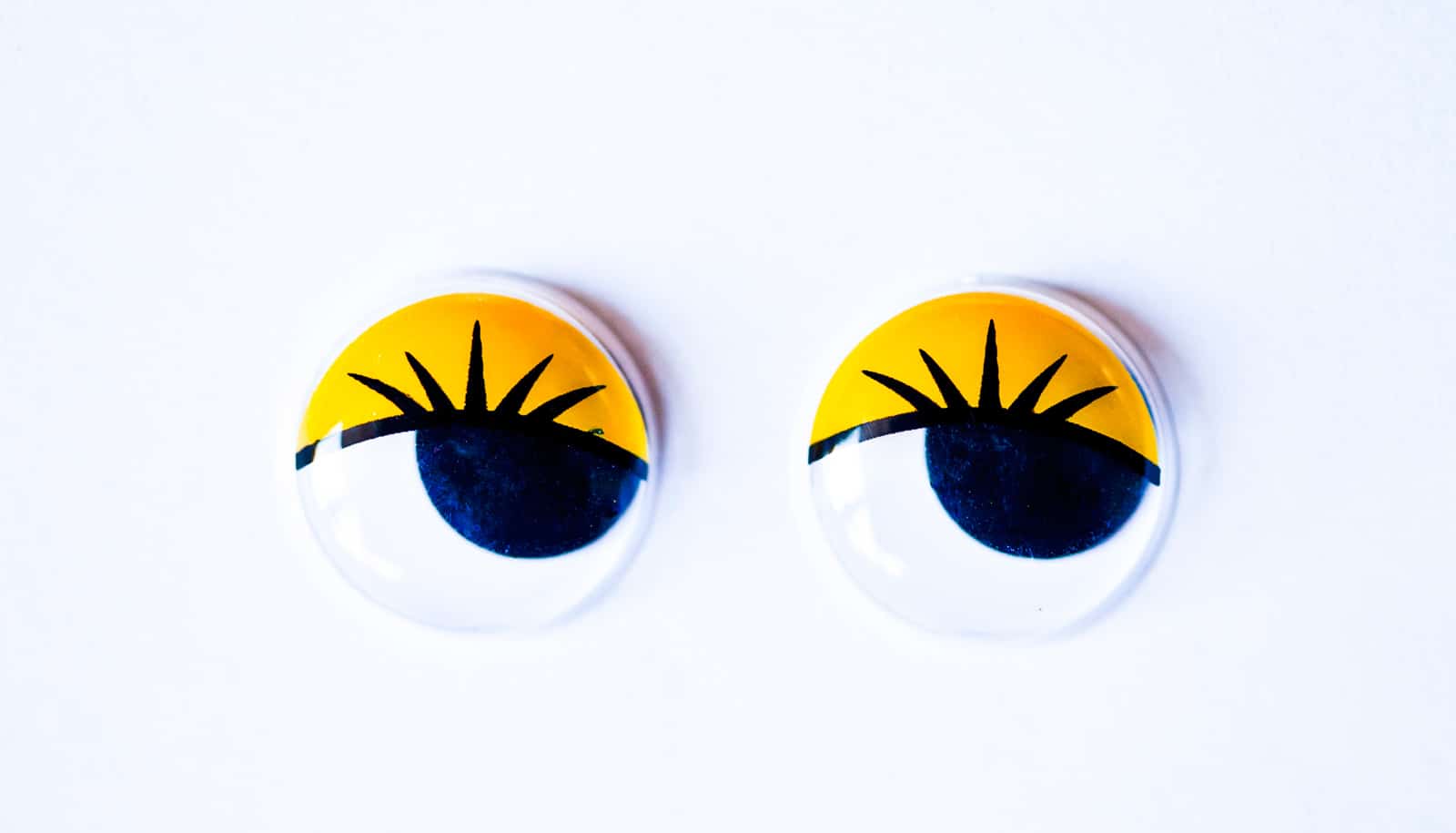Out of the more than 1,700 research news stories we shared with readers in 2022, these 10 were the most popular.
Thanks for spending time with these and so many other posts on the site. We’re grateful to share the latest university research findings with curious readers!
Here’s the countdown:
10. Bionic pancreas delivers the right dose of insulin on its own
“The iLet is designed to require hardly anything of you,” says Ed Damiano of Boston University.
9. To avoid mosquito bites, wear the right colors
Our clothes and skin give off the enticing color, report University of Washington scientists.
8. Expert: Putin has made ‘tragic mistake’ with Ukraine war
“What was supposed to be a relatively easy military operation for Russia has turned into a quagmire,” remarked the University of Rochester’s Randall Stone in April.
7. Vitamin B12 may treat fatty liver disease
The dietary supplement shows promise for treating non-alcoholic steatohepatitis or NASH, say Duke-NUS researchers.
6. Diabetes drug may also treat aging blood vessels
The FDA-approved medication may have a second use, find researchers at the University of Missouri.
5. How many adults choose to be childfree?
“People—especially women—who say they don’t want children are often told they’ll change their mind, but the study found otherwise,” says Jennifer Watling Neal of Michigan State University.
4. Why people with autism make less eye contact
The findings offer “a better understanding of the neurobiology of autism and social differences,” says Joy Hirsch of Yale University.
3. Your ‘sleep age’ may predict your mortality
“…people with older sleep ages compared to their actual age are at an increased risk of mortality, based on the sleep of patients who later died,” explains Emmanuel Mignot of Stanford University.
2. Coffee roasting chemical and flu combo seriously damages lungs
Researchers at the University of Rochester investigated this “double hit” to the lungs of mice.
1. Taiwan’s crust is moving at ‘extreme’ speed
“The Earth’s surface can act extremely fast, way faster than most people imagine,” says Larry Syu-Heng Lai of the University of Oregon.



